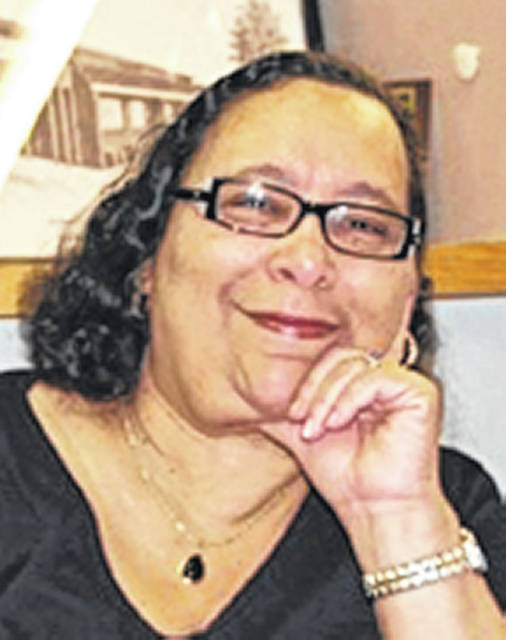
My cousin from Pittsburgh, a retired professor, invited me to a Zoom book discussion with a group he has been discussing books with for decades.
The reason for the invite was that they were discussing a book written by a former colleague of mine from UNC, William “Sandy” Darity, “From Here to Equality.” Sandy is now a professor at Duke and the book is an economic and historical account of why black people in America should receive reparations for slavery and other injustices. The author says “Reparations are a program of acknowledgement, redress, and closure for a previous injustice”( page 2). There are a large number of Americans who are not even ready to acknowledge the injustices perpetuated against blacks and if they are, they consider them artifacts from the past and irrelevant today.
We had the meeting yesterday and it was very interesting to hear the reactions to the book. My masters is in U.S. history before 1865 so the injustices done to black people economically since the late 1600s were not new to me. Neither was the carefully crafted step-by-step chronicle of how America has failed black folks and erected barriers to participation in the capitalist society. The shock and dismay many of the participants expressed during the discussion was old news to me, but what was distressing for me was the realization of how the newness of this information among such an educated group of people showed how poorly we have done in teaching black history in our schools and colleges.
Darity’s book is so well researched, the footnotes alone are good reading, and logically presented that it is virtually impossible to disagree with his assertion that reparations are long overdue. The problem is that the book is based only on economics and logic and human beings are often neither well informed about economics nor logical in their thinking. The vocabulary and syntax in the book make it unlikely that anyone who was not assigned it in a college history or economics class would ever attempt to read it. The best one could hope for in most cases would be for someone to read a review or two.
The question I have is not whether or not reparations are owed, but how would one ever decide how much and who got what? Would you have to prove that your ancestors were slaves? If so that means people whose ancestors were slaves on large plantations where records were usually carefully kept — often by slaves who had been educated illegally by their owners — could prove their claim. People enslaved by a shop owner or blacksmith or saddle maker or other small business owner or small farm owner would probably go unrecorded unless there was a diligent census taker around.
And what would the re-payment for 200-plus years of slavery look like? Would there be extra money paid for the rapes, maiming, and lynching? That would be an interesting invoice. Personally I would want my 40 acres, promised by Special Field Order 15 by General Sherman for each freed slave, to be in downtown NYC; they could keep the mule. Would the extension of slavery called Jim Crow be included? How many non-black people in America would agree to a reparations payment from public coffers of any kind?
I found the topic interesting and thought provoking, in my case not because the information presented was new, but because of the seeming confidence some people have in the ability of the American people to even want to do right when it comes to addressing old wrongs.
I am not among them.


